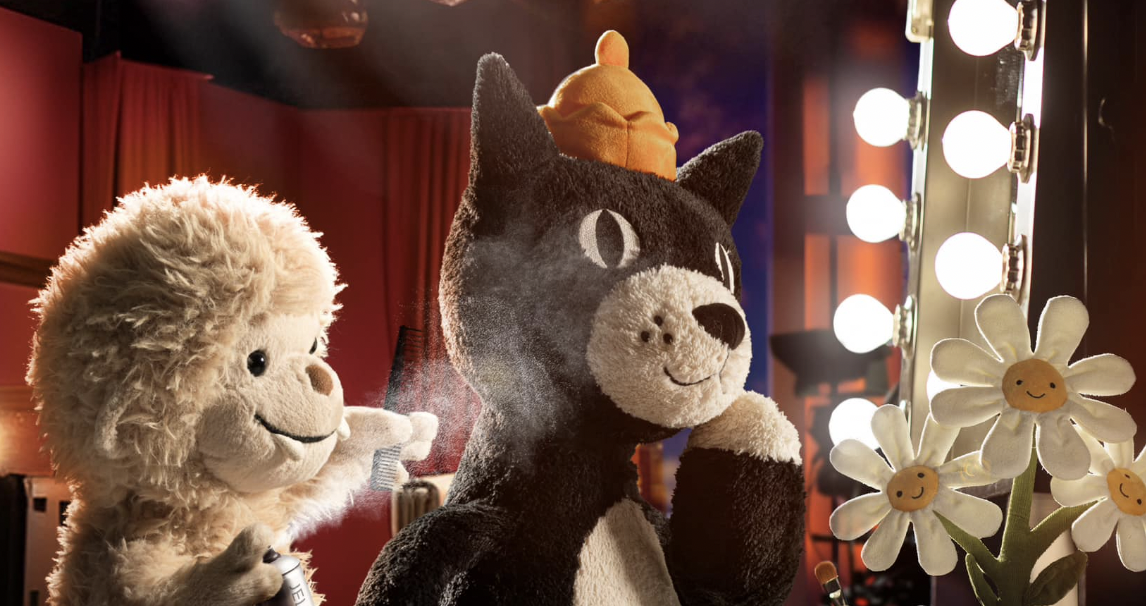
Digital Editor Archie Marks explores the Jellycat craze, arguing that adults are entitled to collect soft toys just as much as children
If you’re anything like me, you aren’t too overjoyed with the current state of the world. Everything’s expensive, losers are running the planet, and the world might end sooner than we think. In trying times like these, who can blame someone for a little retail therapy?
Apparently, quite a few people can. Recently, there’s been furore online about whether or not it’s acceptable for adults to own Jellycats – the adorable plushies that you’ve likely seen on your TikTok feed. I’m not here to defend overconsumption – some spend thousands on building a collection of Jellycats in their home that may take up an entire room – nor am I here to say that an adult shelling out for a bright cuddly toy isn’t at least a little cringe. (It is.) But in a gruelling life under capitalism, aren’t we allowed to have a little fun?
“In trying times like these, who can blame someone for a little retail therapy?
Some have argued that Jellycats are intended for children, like any other soft toy brand. While that may well be the case, as the cutesy faces, bright colours and adorable names (Cheryl Cherry Cake is a personal favourite) are straight out of a Cbeebies producer’s dream, the premium price point of Jellycats are well beyond any child’s pocket money. (Many Jellycats retail for upwards of £30.) For the average adult, bogged down by emails and corporate-speak, the simplicity and fun of a Jellycat offers a balm to the stress of daily life.
There’s also an intriguing double standard going on within the debate. While collecting Jellycats is deemed childish and irresponsible, other collectors don’t face the same critique. Vinyl hoarders are seen as mysterious and cultured; stamp or coin collectors might even be respected. Meanwhile, amassing a collection of merchandise from your favourite football team, especially if you’re a man, is barely scoffed at. And that’s just it: the stereotypically female demographic that purchase Jellycats are frowned on, as a result of systemic misogyny that stipulates that men’s interests are cool and women’s interests are silly.
“Vinyl hoarders are seen as mysterious and cultured; stamp or coin collectors might even be respected.
It may be that the keyboard warriors that have deemed Jellycat collecting irresponsible just hate fun. The material used to make Jellycats is often praised for its high quality, and according to the Jellycat website these materials are responsibly sourced. So, there’s really not much damage being done by buying Jellycats aside from the hit to the buyer’s bank account. The criticism, then, speaks to a wider trend of nonchalance – where we all learn to conceal what we care about in the name of staying cool.
Some collectors revere Jellycats for more than just their fun, inviting design. A recent Guardian article, for instance, reported on a woman who’d had the ashes of her late husband (who bought her Jellycats) set in resin and stuffed inside a Jellycat. It’s clear that Jellycats are not merely a craze or fad; instead, they’re a genuine source of comfort for a troubled generation. The real question isn’t why adults are buying Jellycats, but more so why they get criticised for having a little fun. If you don’t see the appeal of a smiling tarte au citron named Collette, maybe you’re the problem.

Read more from Comment:

Comments